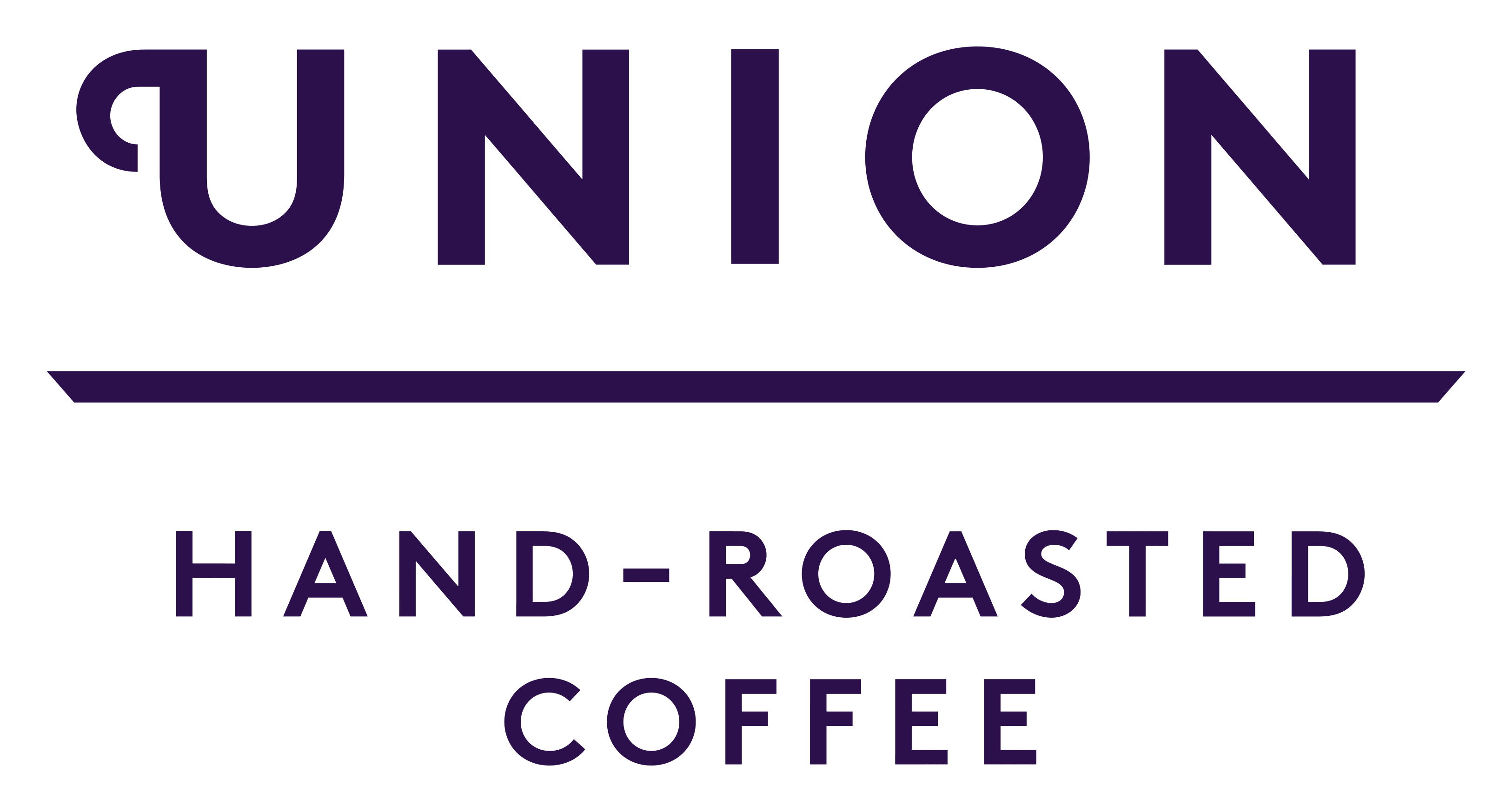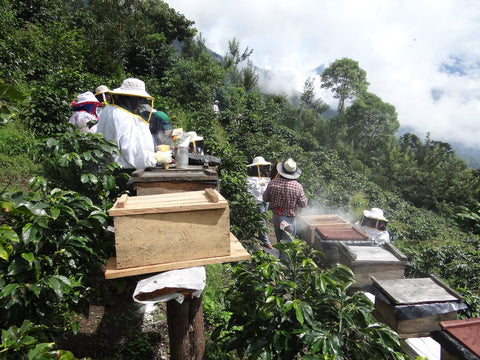First Published - March 3, 2017 (By Pascale - Coffee Lover, Traveller and Mother)
1st August 1838: Enslaved men, women and children in the British Empire finally became fully free after a period of forced apprenticeship following the passing of the Slavery Abolition Act in 1833.
During the 17th, 18th and early 19th century slave labour produced the major consumer goods that were the basis of world trade; coffee, cotton, rum, sugar and tobacco.
Many people still think of slavery as a thing of the past, but it still exists in every sector, on every continent. It can take the form of forced prison labour, human trafficking through to debt bondage and compulsory over-time.
Shockingly, there are more people in slavery today than at any time previousy in human history.
Forced labour is ‘’all work or service which is exacted from any person under the menace of any penalty and for which the said person has not offered himself voluntarily’’. (Source ILO Convention 29, 1930)
Forced labour can occur in any type of work, regardless of the industry, sector or occupation. This includes legal and formal employment as well as illegal and informal employment. Forced labour can affect adults as well as children, regardless of their nationality. In determining a case of forced labour, it is irrelevant whether a person is a national of the country or a foreign national.
To eliminate slave labour the UK government has created the Modern Slavery Act, It is designed to tackle slavery in the UK and consolidates previous offences relating to trafficking and slavery.
At Union, we know every farm we source from. An essential step in the due diligence process. But we source from more than 40 coffee growers around the world and many of them are cooperatives or producer’s organizations so we are talking about thousands of tiny farms.
|
Farms that house workers on the farm are at higher risk of forced labour than farms where workers come and go after a day of work. At Union, we have deep understanding of how the farms we source from operate, high risk farms go through a process where we verify no forced labour is used.
|
due dil·i·gence: reasonable steps taken by a person in order to satisfy a legal requirement, especially in buying or selling something
So how do we tackle this, which could be overwhelming in terms of the scale? We take a risk approach.
- We first identify which countries are most at risk
- We identify what type of producers are most at risk
Example – A certified cooperative, is audited by a third party, the members of a cooperative are smallholder farmers who hire little or probably no labour. The risk of forced labour is lower compared to the risk at a larger farm which hires 400+ seasonal workers. The risk will be even higher if this farm does not employ these workers directly but uses a labour broker (subcontractor).
In order to establish the degree of risk, we do on-site risk assessments and evaluations. When we visit farms at origin, we do not only “cup coffee and take pictures“. We ask a lot of questions; “How many workers does the farm employ?“, “Where do workers come from?“. We go through a set of questions not just with farm managers, but also with workers in order to collect data on the risk.
- Farms that are at a high risk go through a procedure called a social-audit. This will include observations, farm visits, management interviews, worker’s interviews and looking at payslips and other types of documentation.
- Union does not stop there. If any non-compliances with our Code of Conduct are found we will work together with farms finding solutions.
So, to come back to slavery. There are different manifestations of modern slavery.
What kind of practices can be found on coffee farms? An organization called Verite, did research on forced labour in the supply chain of coffee in Guatemala . Some examples, are given below:
Free movement is restricted:
- Migrant worker’s passports are taken by employers upon arrival.
- Security guards prevent workers from leaving when they want.
It is important to note that migrant workers can refer to both migration of national and internal borders.
Recruitment fraud
Employers promise high wages at time of recruitment, but the actual payment changes once the workers have arrived. Or contract provisions change to less favourable terms, where workers are promised adequate housing and food, but once they arrive at the farm they don’t receive any of this.
Debt bondage
Workers borrow money from employers for equipment and they are charged a high interest on the loan which increases the debt. Or, employers take illegal or excessive deductions from wages for housing, food and transport. Workers in turn do not earn enough to pay for their transport back home and cannot leave the farm which may be in remote, rural areas.
Wage abuse
Employers withhold or delay payments to workers or force workers to accept non-cash payment in the form of food or services, or workers are charged excessive recruitment fees and must borrow money in order to pay them. Again, this means, workers will not have the financial resources to leave the farm if they wish to do so.
In summary, forced labour refers to forms of coercion such as threats, violence, the retention of identity documents or non-payment of wages that trap workers in jobs they might otherwise leave. Workers must consent to employment and have the freedom to leave at any time, with reasonable notice. If they don’t, they may be in a forced labour situation.
Our Code of Conduct covers many of the aspects mentioned above, and our high-risk farms are audited against the Code of Conduct. We work with in-house trained staff, that has sound knowledge of how coffee production can impact human/labour rights. Ensuring respect for human rights is a dynamic activity that moves with time, normative developments, facts and circumstances. Working with an in-house auditor, we can manage the cost of monitoring, but it’s important to note that the burden of the cost of an audit are on Union, not the farm. It also allows us to repeat visits for follow- up on a regular basis and conduct periodic assessment’s instead of one-time risk-assessment’s. This is key for monitoring risks and identifying potential new risks.
At Union, our approach to human rights due diligence (identification, evaluation and finding solutions) is conducted on an on-going basis. At all the farms, we source from. The periodic conducting of human rights due diligence assessment, compared to a one-off risk assessment is necessary in order to monitor existing issues that need corrective action, and to identify potential new risks that may emerge.
Union Direct Trade is more than just directly trading or facilitating trade. We are committed to source and roast the highest quality coffee, providing you with a delicious cup. We proactively monitor our supply chain for human rights violations and take action when needed.



